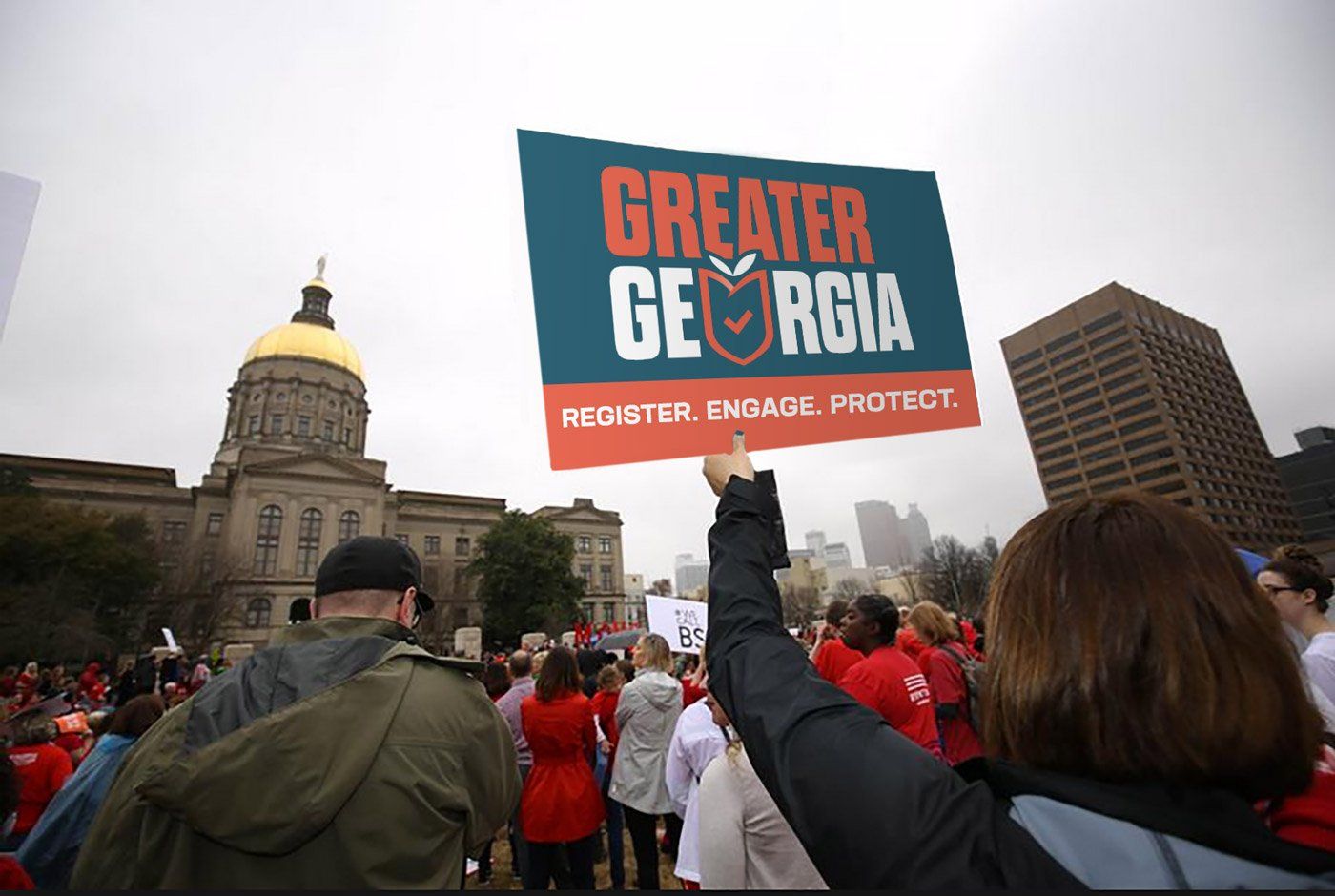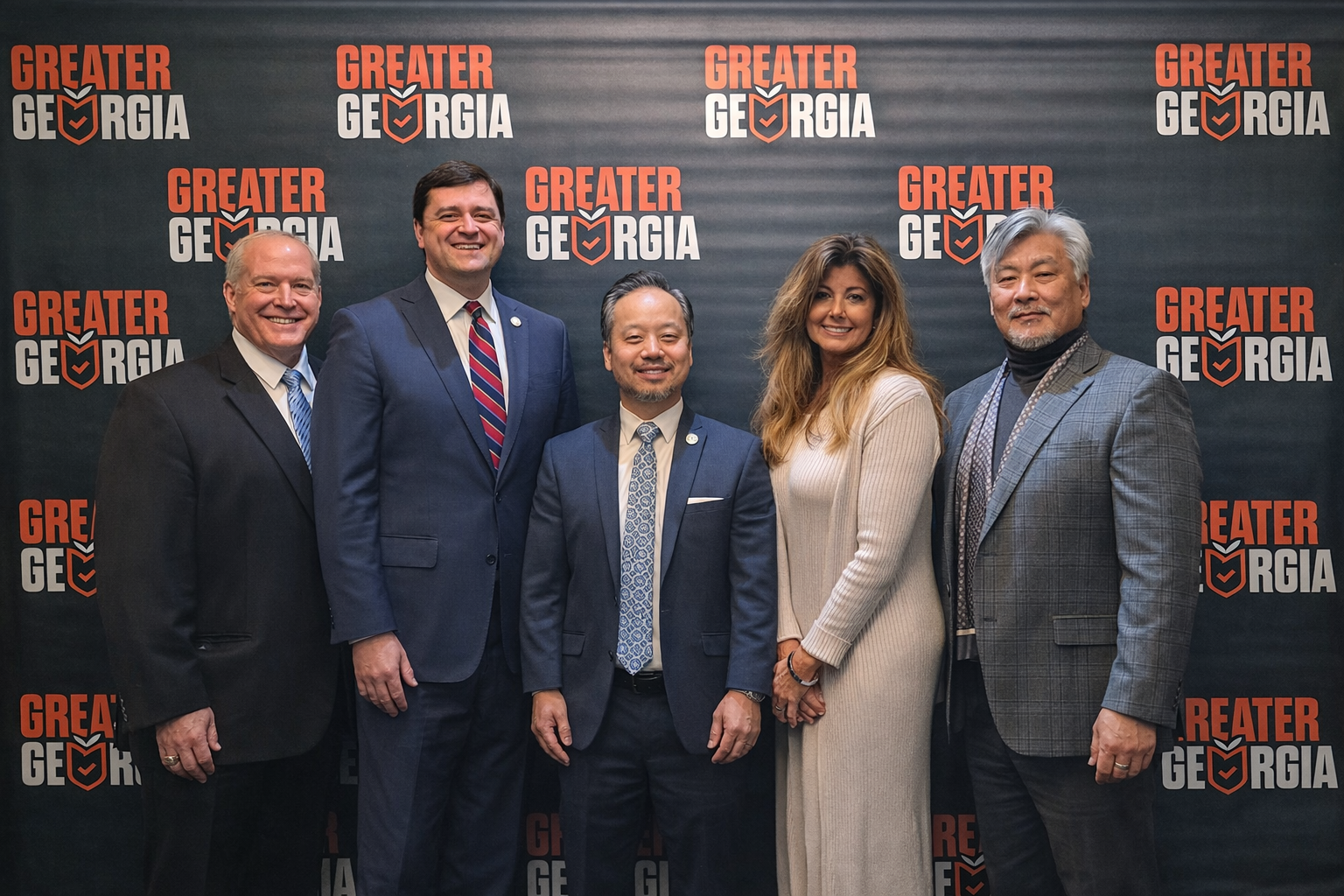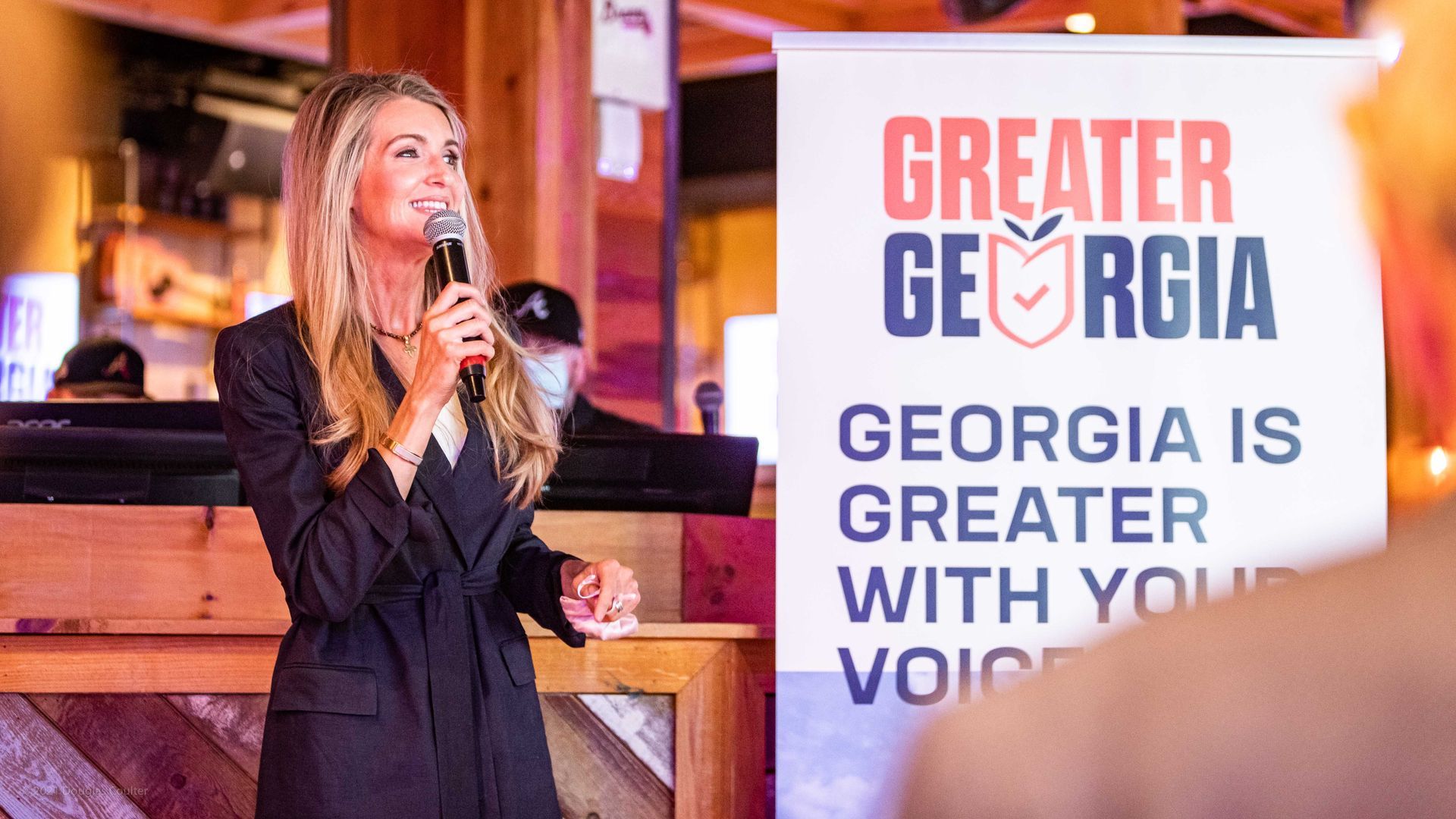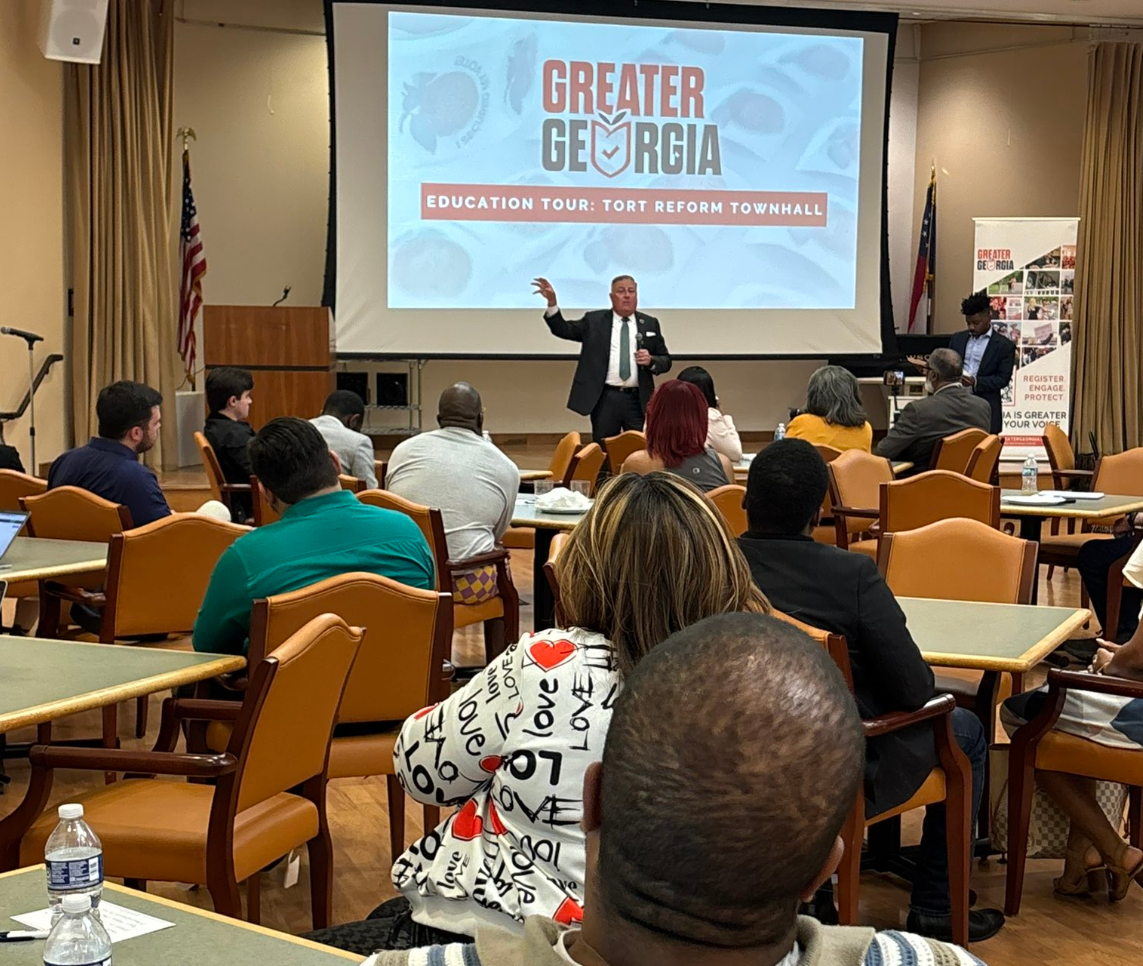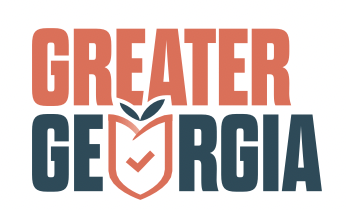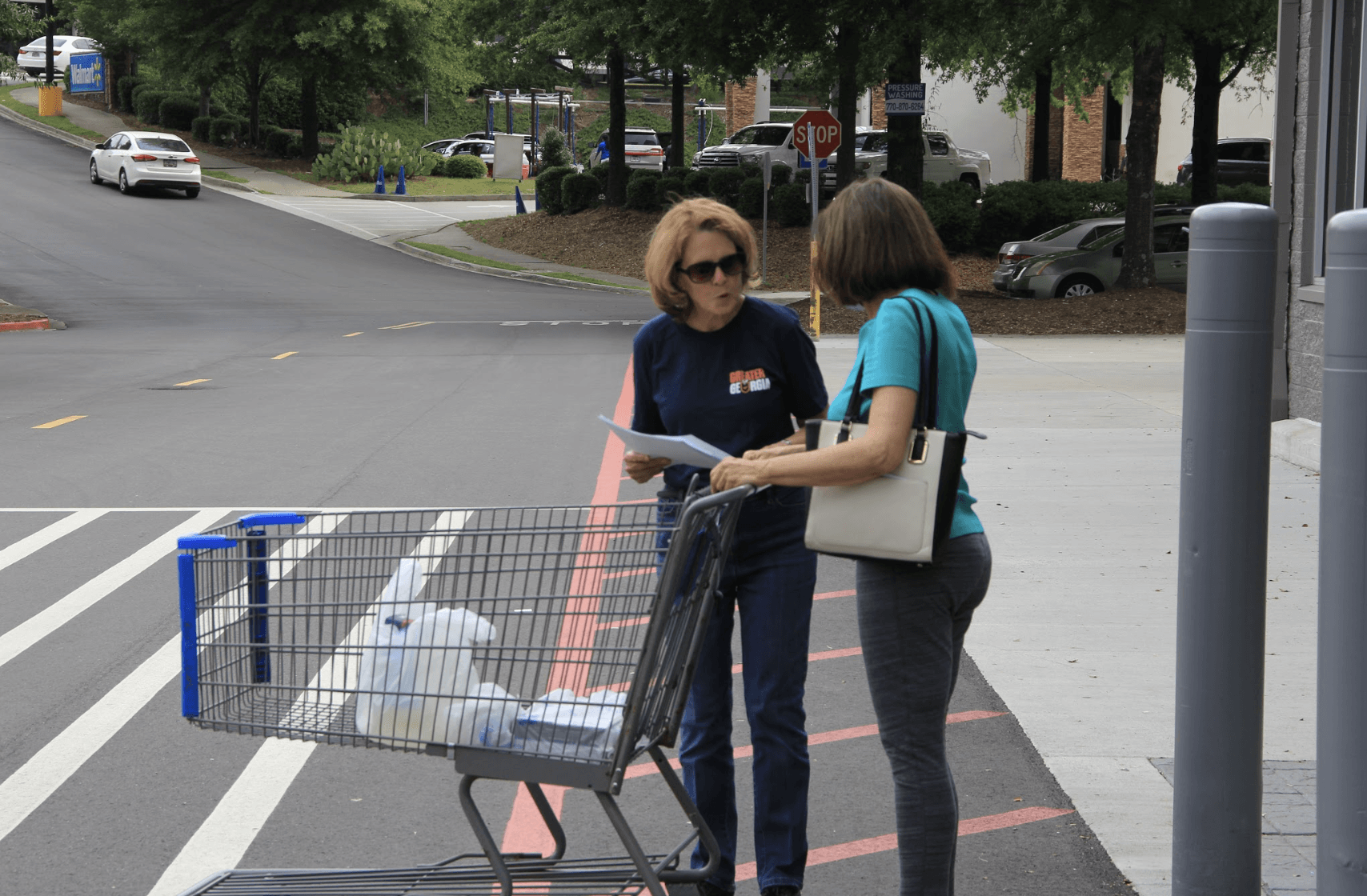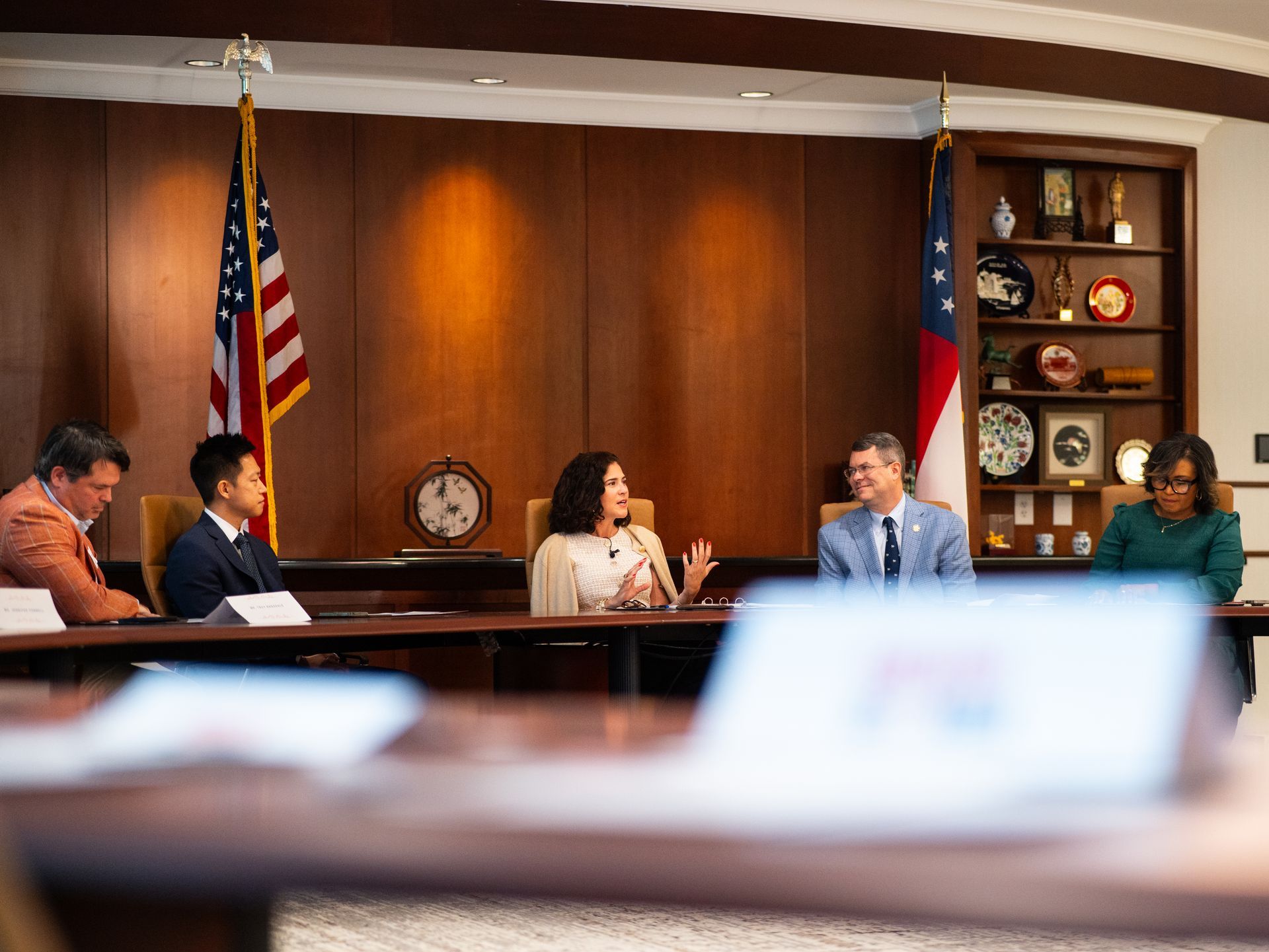Opinion: Your Local Vote Matters
Your Local Vote Matters:
Evaluating Candidates for Local Office
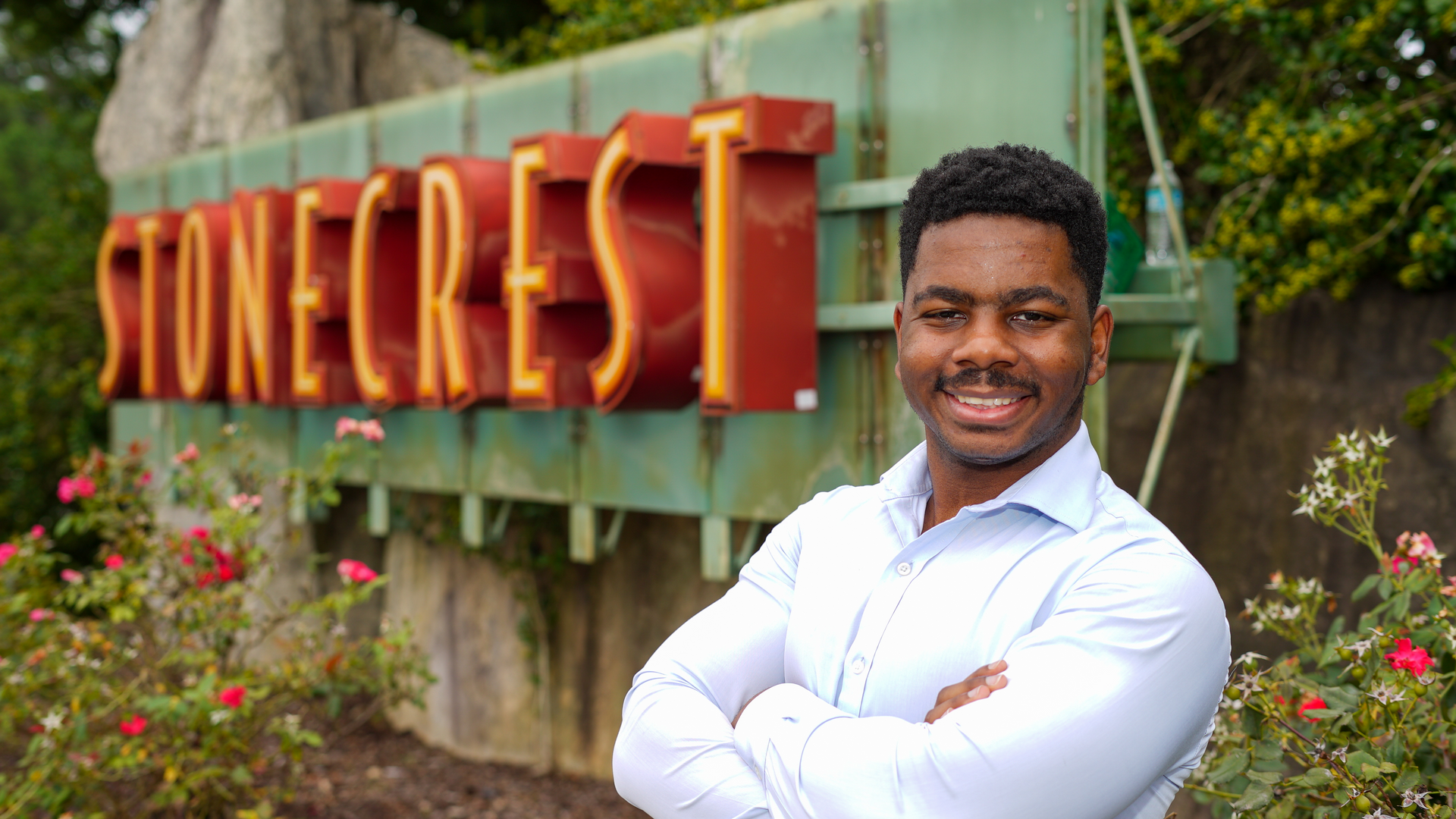
Terry Fye is the Greater Georgia Director of Outreach and holds elected office in Stonecrest, GA. Sharing this opinion does not imply endorsement of any candidate or campaign.
As early voting continues through Friday, October 31, and with Election Day on November 4, I hope some of the lessons I’ve learned as a local official will help guide you when choosing your next city leaders. For polling place information or voting resources, visit GreaterGeorgia.com.
When I first decided to run for office — sitting in a local coffee shop, jotting down notes and big ideas — I couldn’t have imagined every joy and challenge that would come with serving as a city councilman. At the southeast end of DeKalb County, the City of Stonecrest is home to more than 60,000 residents and carries tremendous regional potential. Every second and fourth Monday, alongside five of my neighbors, I help make decisions that shape our community’s growth, infrastructure, and character.
This November, municipal residents across Georgia will head to the polls to elect their local representatives. These races often fly under the radar, overshadowed by state or federal campaigns, but they are the ones that most directly affect your daily life. From setting property tax rates to determining zoning rules and funding local public safety, local government decisions reach you faster than almost anything happening in Washington or Atlanta.
After seeing how the proverbial sausage gets made, here are three things I always look for in a local candidate:
1. District Focus with a Citywide Vision
Every candidate has ideas — some big, some bold — but I always ask: Can they actually influence the priorities they’re promoting? And are those ideas grounded in what their constituents are asking for?
If a district struggles with traffic congestion, a proposal for more high-density development might sound ambitious but miss the mark for local needs. Good candidates balance district-specific goals with a broader perspective of what’s best for the entire city. Voters should ask for specifics — not slogans — and look for candidates who demonstrate both understanding and practicality.
2. Awareness of What’s Already Happening
City council elections are often a referendum on your community’s direction. When I evaluate candidates, I want to know if they understand current priorities at City Hall.
If they’re incumbents, can they clearly explain what the city is working on and why they supported or opposed key initiatives? If they’re challengers, do they know how city operations actually work — budgets, departments, timelines — and how their presence could make a difference? Local office isn’t a place for on-the-job training; voters deserve candidates who are informed and ready to lead on day one.
3. Competence Over Celebrity
Local government is about competence, not celebrity. These are nonpartisan roles where the focus should be on who can deliver real results, not who has the biggest name or party recognition.
Too often, candidates stay in office for years without producing outcomes because voters rely on familiarity rather than performance. The most effective council members are problem-solvers, not personalities. They listen, learn, and lead with humility.
As you head to the polls, I encourage you to weigh each candidate carefully. Choose leaders who are prepared, informed, and focused on solutions that make your community stronger.
Early voting runs through Friday, October 31, and Election Day is Tuesday, November 4. To find your polling place or learn more about voting in your area, visit GreaterGeorgia.com.
Your vote matters most where you live — right here at home.
